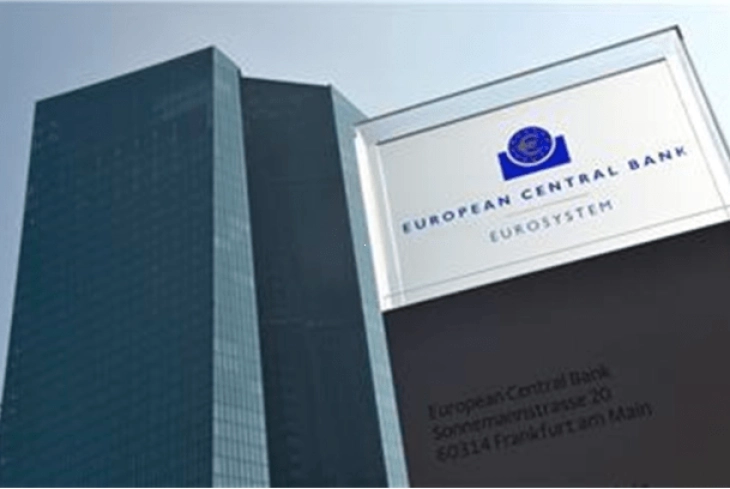ECB makes biggest rate increase in its history to fight inflation

Frankfurt, 8 September 2022 (dpa/MIA) - The European Central Bank (ECB) raised its main interest rate by a whopping 75 basis points to 1.25% on Thursday, the largest hike in the institution's history, as it struggles to contain inflation in the eurozone.
ECB President Christine Lagarde said "inflation remains far too high and is likely to stay above our target for an extended period."
"Over the next several meetings, we expect to raise interest rates further," she said at a press conference.
The ECB Governing Council had already signalled an interest rate increase of half-point for its September meeting, but, in the end, took a larger step on Thursday.
According to first estimates, inflation in the eurozone reached 9.1% in August.
The ECB now expects inflation to reach 8.1% for 2022 as a whole and then 5.5% in 2023.
The central bank is aiming for a stable price level in the medium term with an annual inflation rate of 2%. For months, inflation has been driven primarily by rising energy and food prices, which rose sharply again after the Russian attack on Ukraine.
Higher interest rates, which make borrowing money more expensive, are seen as a powerful way to counter rising inflation.
The ECB raised interest rates in the eurozone for the first time in 11 years at its meeting on July 21, far after many other central banks had already taken such steps.
Banking associations and economists in Germany, the biggest economy in Europe, welcomed the fact that the ECB is moving at a faster pace away from its ultra-loose monetary policy.
For investors, they can expect to see interest on their savings accounts again after a lull lasting several years. On the other hand, real estate loans, for example, will become more expensive.
Dekabank chief economist Ulrich Kater said the ECB feared the 19-member eurozone was heading into "an inflation problem that will last for years."
Michael Holstein of DZ Bank thinks the hefty interest rate hike comes too late, as the euro area economy is already on its way into recession - "but waiting longer would be even more expensive than taking bold countermeasures in economically uncertain times."
Clemens Fuest, the president of the ifo Institute for Economic Research, summed it up: "Better late than never."







